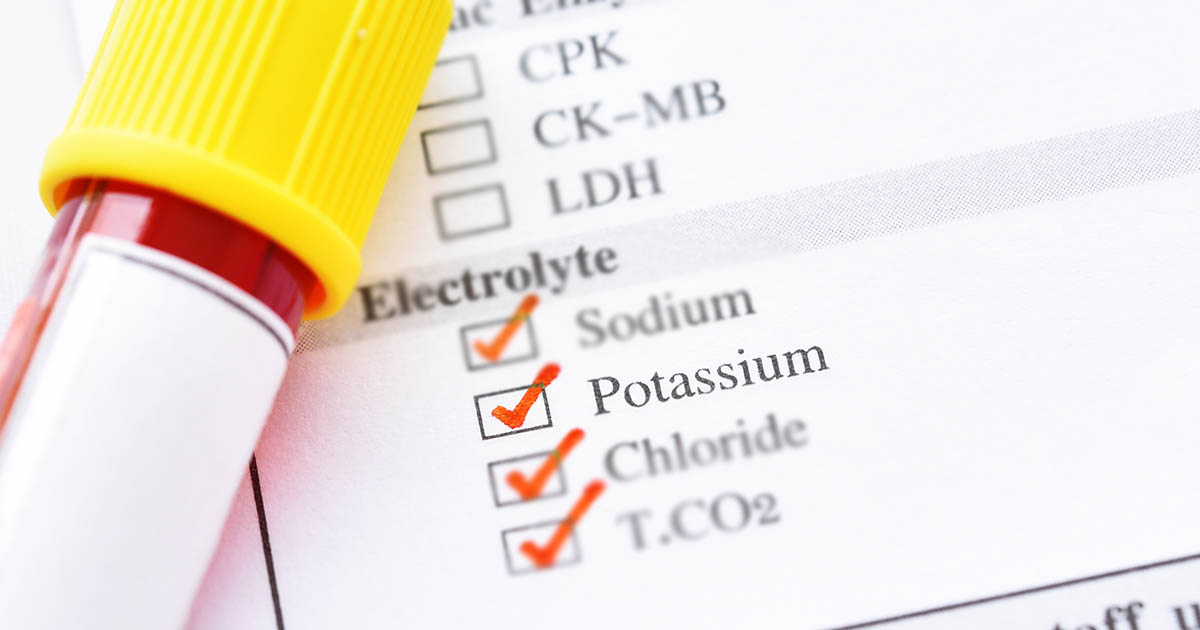Guide To Major Acute Renal Failure Treatments
Acute renal failure, also known as acute kidney failure, happens to the body when the kidneys are shutting down and halting the process of removing waste from the bloodstream. It can stem from a variety of causes. As many individuals might suspect acute renal failure requires a hospital visit and during that visit, doctors will attempt various forms of testing and treatment to get to the cause of the situation and treat it as effectively as possible.
What the doctor will focus on the most are effective treatments that not only avoid dangerous side-effects and complications but also develop a plan that will allow the patient's kidneys the time they need to heal. In some cases, after the initial renal failure is discovered, patients may be able to recover at home.
Read about the most common acute renal failure treatments now.
Controlling Potassium

One of the dangers of having one's kidneys fail is they could have been not working properly for weeks before they actually start shutting down. There are times where kidneys are not filtering out potassium correctly. Potassium is an essential electrolyte for any healthy body, but too much potassium in the bloodstream can cause weakness in the muscles as well as dangerous irregular heartbeats. Since potassium has a direct connection on how nerves send and receive messages, patients may also experience numbness or tingling throughout their body. The doctor may ask patients to take calcium, sodium polystyrene, or glucose as an attempt to counteract the high potassium levels in their blood.
Discover additional treatments for acute renal failure now.